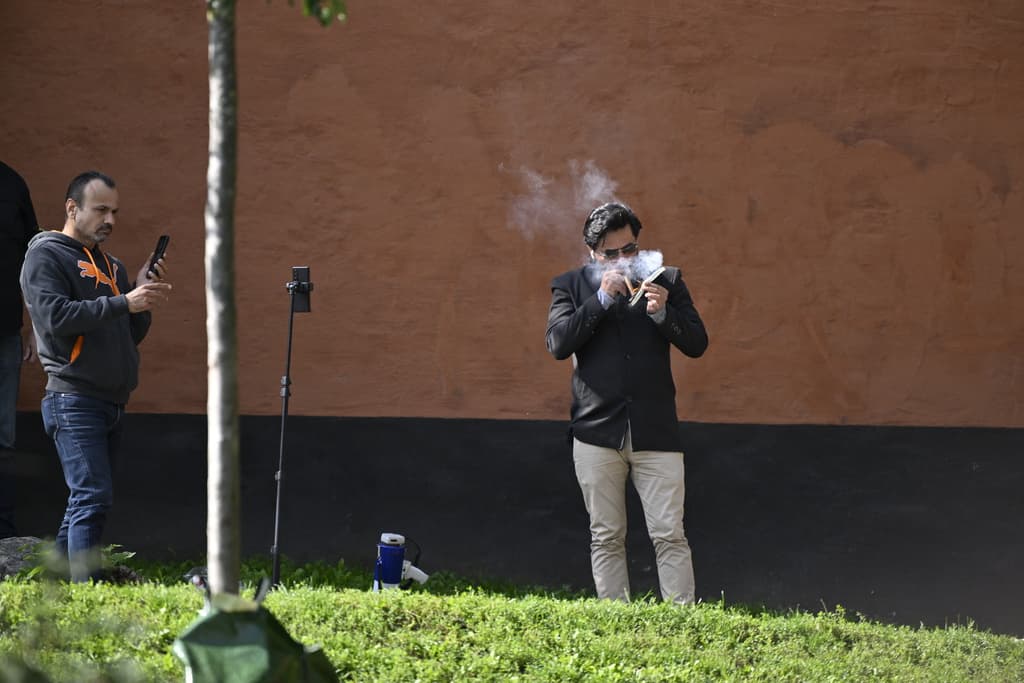Salwan Momika and Salwan Najem made themselves known not only in Sweden, but also stirred up strong emotions in large parts of the Muslim world for their recurring actions where they burned and desecrated the Quran at public gatherings in Sweden.
Now they are being prosecuted for their actions at four different gatherings, including one outside the Stockholm mosque on Södermalm during the Muslim holiday Id al-adha.
The evidence against the men consists mainly of video recordings from the events.
We have made a comprehensive assessment of what emerges from these films, both in terms of location, time, what is said, and how it is said, and how they act in connection with these speeches. Overall, I think there is reason to claim that it constitutes incitement to hatred against a group of people, says Anna Hankkio.
Comprehensive Assessment
Besides the treatment of the Quran itself, such as burning it, wrapping it in pork and kicking it around on the ground, the statements made on site have been decisive for the prosecutor's assessment.
Both men deny any wrongdoing, according to the indictment.
There is only one similar case that has been tried in court in Sweden. Then, a man was convicted in the Göta Court of Appeal for incitement to hatred against a group of people after spreading a film where a Quran is burned with bacon, accompanied by music linked to a right-wing extremist terrorist act.
I have looked at that case and I think it's worth trying this case based on the existing court practice. Then we'll see what the court says, says Hankkio.
Riots
Salwan Momika, who comes from Iraq, has been behind a large number of Quran burnings around Sweden in recent years. Several of them have led to riots and unrest. He has previously stated that he wants to direct criticism against Islam through his actions.
Films from the actions have also been spread around the world and have sparked anger and criticism in several Muslim countries. Quran burnings, carried out by several different individuals, were also deemed to have contributed to an increased terrorist threat in Sweden.
Earlier in August, the right-wing politician Rasmus Paludan, who has made himself known for Quran burnings, was also prosecuted for incitement to hatred against a group of people after statements he made about, among other things, Muslims in connection with demonstrations in Malmö.
Incitement to hatred against a group of people is a restriction of freedom of speech regulated in the Penal Code, Chapter 16, Section 8:
Anyone who in a statement or other communication that is disseminated threatens or expresses contempt for a group of people or another such group of people with reference to race, skin color, national or ethnic origin, religion, or sexual orientation, shall be convicted of incitement to hatred against a group of people and sentenced to imprisonment for at most two years or, if the crime is minor, to a fine.
If the crime is gross, the sentence shall be imprisonment for at least six months and at most four years. When assessing whether the crime is gross, particular attention shall be paid to whether the communication had a particularly threatening or offensive content and was disseminated to a large number of people in a way that was likely to attract significant attention.
Source: Swedish Code of Statutes






